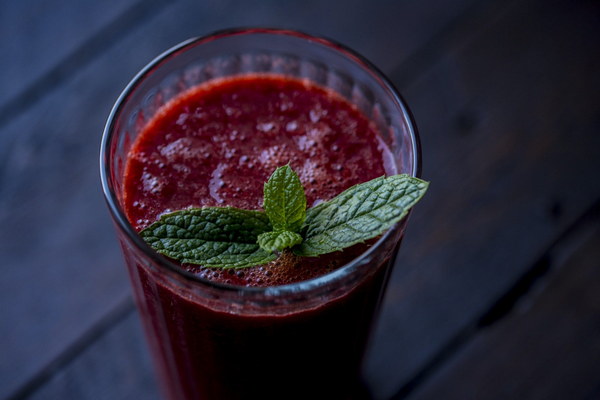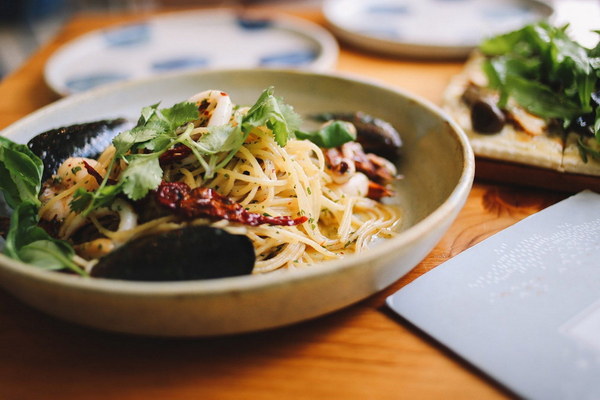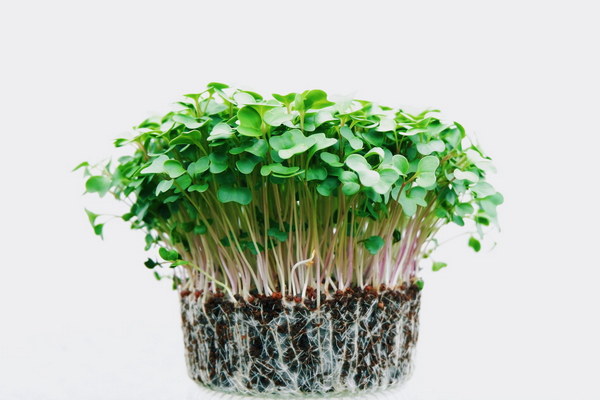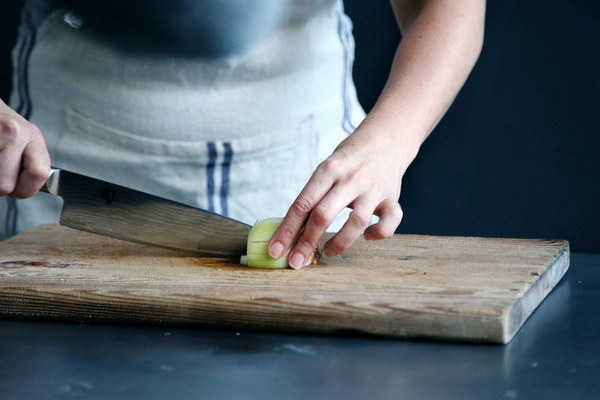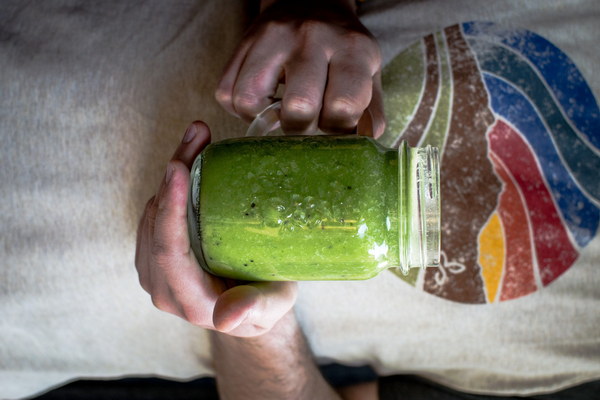Harvest Season's Balance Nourishing the Body and Mind in the Post-Autumn Equinox
As the sun ascends higher in the sky and the days begin to shorten, we approach the time of year when the balance of nature shifts subtly. The equinox marks the transition from summer to autumn, and it is a period when many people turn their attention to the importance of replenishing their bodies and balancing the elements of yin and yang. This article explores the significance of Lì Qiū (Start of Autumn) and the concept of nourishment to maintain harmony within the body.

Lì Qiū, the traditional Chinese term for the Start of Autumn, is a time when the energy of the Earth starts to wane, and the air becomes cooler and drier. This seasonal change is believed to affect the body's energy, or Qi, and can lead to a variety of discomforts if not properly addressed. The ancient wisdom of traditional Chinese medicine suggests that during this time, it is essential to nourish the body and balance the yin and yang to prepare for the colder months ahead.
In the realm of Chinese philosophy, yin and yang represent the complementary forces that make up the universe. Yin is associated with coolness, darkness, and the feminine principle, while yang is associated with warmth, light, and the masculine principle. The balance between these two forces is crucial for health and well-being. During Lì Qiū, the yin energy increases, and it is important to adjust dietary and lifestyle habits accordingly.
One of the most effective ways to balance yin and yang during Lì Qiū is through dietary changes. Foods that are rich in moisture and have a cooling effect are recommended to counteract the drying autumn air. Here are some examples:
1. Vegetables and Fruits: Foods like cucumbers, celery, and apples are ideal for balancing yin and promoting hydration.
2. Grains: Oats and millet are grains that are considered to be cooling and nourishing for the body.
3. Legumes: Beans and lentils can provide a source of protein and help maintain the body's yin balance.
4. Meats: Lean meats such as chicken and turkey are suitable for nourishment without overheating the body.
5. Herbs and Spices: Herbs like mint and ginger can be used to add flavor while also aiding digestion and balancing the body's energy.
It is also important to avoid overly spicy and fried foods, which can exacerbate the dryness and heat of the season. Instead, opt for foods that are cooked gently or steamed to preserve their natural properties.
In addition to diet, other practices can help maintain yin and yang balance during Lì Qiū:
1. Exercise: Regular, moderate exercise helps to promote the flow of Qi in the body and can prevent stagnation. Activities like tai chi or yoga are particularly beneficial as they focus on breath and movement to harmonize the body's energy.
2. Adequate Sleep: Ensuring you get enough sleep is crucial. The body requires rest to rejuvenate and maintain balance.
3. Meditation: Practices such as meditation can help calm the mind and promote inner harmony, which is essential for balancing yin and yang.
4. Acupuncture and Massage: These therapies can help to address any imbalances in the body's energy flow and promote overall well-being.
As we embrace the changes that come with Lì Qiū, it is important to remember that balance is key. By nourishing the body with the right foods and incorporating practices that support the body's natural rhythms, we can prepare ourselves for the cooler months ahead and maintain health and vitality throughout the autumn season.
In conclusion, the Start of Autumn is a time to honor the changing of the seasons and to take proactive steps towards self-care. By focusing on balancing yin and yang through diet, exercise, and mindfulness, we can ensure that our bodies and minds are well-prepared for the journey through the autumn and into the winter months.

